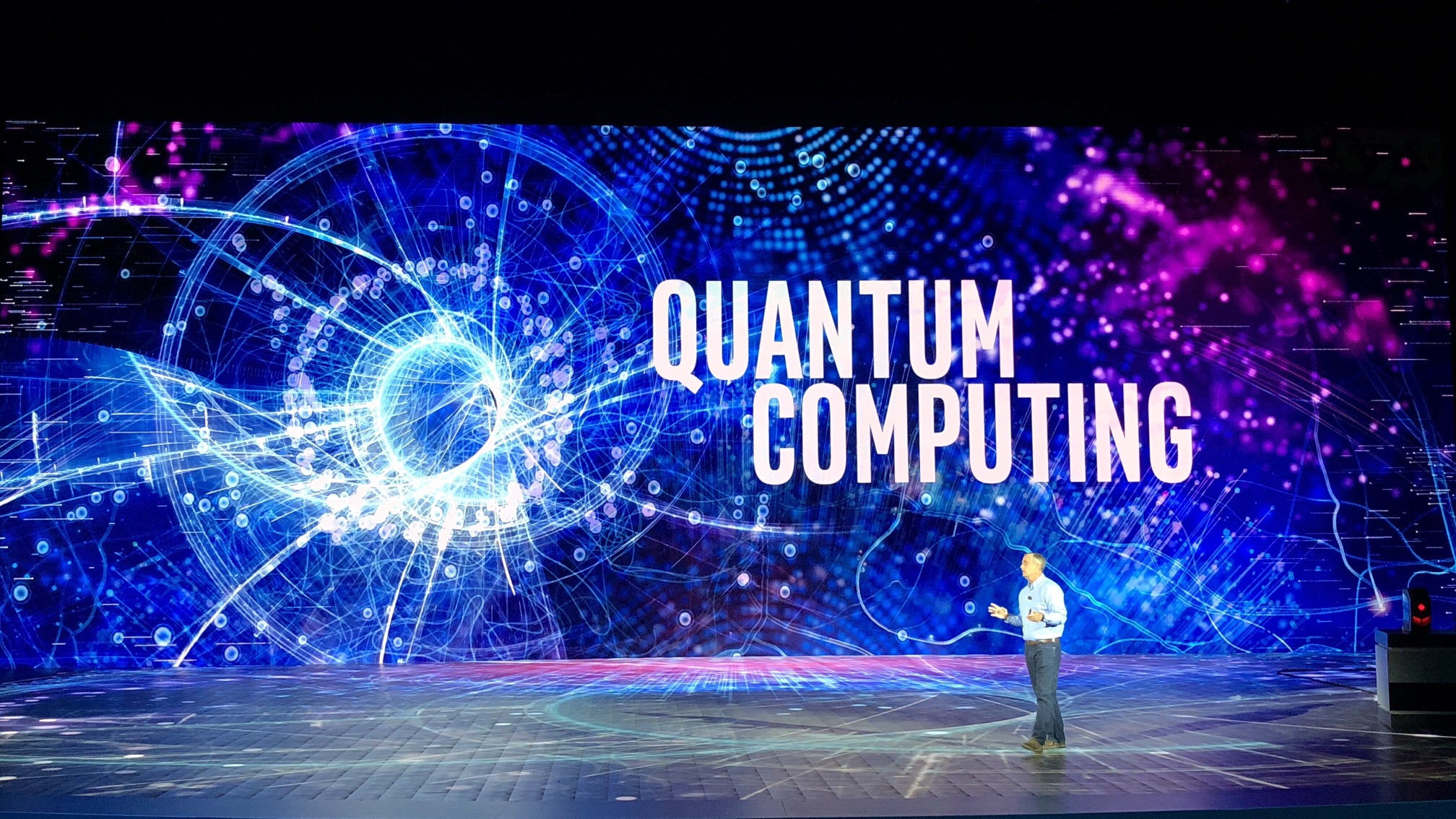Quantum computings represents a groundbreaking shift in how we solve complex problems, offering unparalleled speed and power compared to classical computers. By harnessing the principles of quantum mechanics, quantum computers are set to revolutionize industries ranging from healthcare to cryptography. This article delves into the fundamentals of quantum computing, its advantages, applications, challenges, and future potential.
What is Quantum Computing?
Quantum computing is a type of computation that leverages quantum mechanics—the physics governing subatomic particles—to perform operations on data. Unlike classical computers, which use binary bits (0s and 1s), quantum computers use quantum bits, or qubits.
Key Characteristics of Quantum Computing:
- Superposition: Qubits can exist in multiple states (0 and 1) simultaneously, vastly increasing computational power.
- Entanglement: When qubits become entangled, the state of one qubit is directly related to the state of another, regardless of distance, enabling highly coordinated computations.
- Quantum Interference: Quantum algorithms use interference to amplify correct solutions and cancel out incorrect ones.
Advantages of Quantum Computing
Quantum computing offers several transformative advantages over classical computing:
- Unmatched Processing Speed: Quantum computers can solve problems in seconds that would take classical computers millions of years.
- Parallelism: Superposition enables quantum computers to process multiple possibilities simultaneously.
- Optimization: Ideal for solving optimization problems in logistics, finance, and operations.
- Improved Simulations: Simulates molecular interactions and quantum systems with unprecedented accuracy.
- Enhanced Cryptography: Breaks traditional encryption methods while paving the way for quantum-safe algorithms.
How Does Quantum Computing Work?
Quantum computing relies on the following foundational concepts:
1. Qubits
Unlike binary bits, qubits can represent a combination of 0 and 1 simultaneously, enabling exponential increases in computing power.
2. Quantum Gates
Quantum gates manipulate qubits using quantum mechanics principles, similar to how logic gates process bits in classical computing.
3. Quantum Algorithms
Algorithms like Shor’s and Grover’s leverage quantum properties to solve specific problems faster than classical counterparts.
4. Quantum Decoherence
Quantum states are fragile and susceptible to interference from the environment. Maintaining coherence is a key challenge.
Applications of Quantum Computing
Quantum computing has the potential to revolutionize numerous fields by solving complex problems more efficiently than ever before. Here are some key applications:
1. Healthcare and Drug Discovery
- Accelerates drug discovery by simulating molecular structures and interactions.
- Optimizes clinical trials and personalized medicine.
2. Cryptography and Cybersecurity
- Breaks classical encryption algorithms, necessitating quantum-resistant cryptography.
- Secures communications using quantum key distribution (QKD).
3. Artificial Intelligence and Machine Learning
- Speeds up training for machine learning models.
- Enables more sophisticated data analysis and pattern recognition.
4. Financial Services
- Optimizes investment portfolios.
- Improves risk analysis and fraud detection.
5. Logistics and Supply Chain
- Solves complex optimization problems in routing and resource allocation.
6. Climate Science
- Simulates climate models with higher precision.
- Optimizes renewable energy systems.
7. Material Science
- Designs new materials with desired properties.
- Simulates atomic interactions for better material discovery.
Challenges of Quantum Computing
While quantum computing holds immense promise, it also faces significant challenges:
1. Quantum Decoherence and Error Rates
Maintaining quantum states is challenging due to environmental interference, leading to errors in computation.
2. Hardware Limitations
Building and scaling quantum processors require advanced technologies, such as superconducting circuits and trapped ions.
3. Cost and Accessibility
Quantum computing infrastructure is expensive, limiting access to large organizations and research institutions.
4. Algorithm Development
Quantum algorithms are still in their infancy, requiring extensive research and development.
5. Ethical and Security Concerns
Quantum computers could render current encryption methods obsolete, posing risks to data security.
Quantum Computing vs. Classical Computing
| Aspect | Classical Computing | Quantum Computing |
|---|---|---|
| Basic Unit | Binary bit (0 or 1) | Qubit (0, 1, or both) |
| Processing | Sequential or parallel | Exponentially parallel |
| Key Strength | Deterministic and reliable | Probabilistic and powerful |
| Applications | General-purpose | Specialized, complex problems |
| Challenges | Energy efficiency, speed | Decoherence, scalability |
Emerging Trends in Quantum Computing
As the field of quantum computing matures, several trends are shaping its future:
1. Quantum-as-a-Service (QaaS)
Cloud platforms like IBM Quantum and Amazon Braket provide access to quantum computing resources for businesses and researchers.
2. Quantum Internet
Efforts are underway to develop a quantum internet for ultra-secure communication and distributed quantum computing.
3. Hybrid Computing
Combining classical and quantum computing for complementary problem-solving.
4. Error Correction
Advancements in quantum error correction are improving computation reliability.
5. Industry Collaboration
Tech giants like Google, IBM, and Microsoft are partnering with academic institutions and startups to accelerate innovation.
The Future of Quantum Computing
Quantum computing is poised to redefine the boundaries of technology and science. Its potential includes:
- Revolutionizing Industries: From healthcare to logistics, quantum computing will drive breakthroughs.
- Advancing Scientific Research: Enables simulations and computations previously deemed impossible.
- Enhancing National Security: Governments are investing in quantum technologies to secure critical infrastructure and communications.
Conclusion
Quantum computings is more than a technological advancement—it’s a paradigm shift with the power to address humanity’s most complex challenges. By leveraging the principles of quantum mechanics, these systems promise to unlock new possibilities across industries and disciplines.

